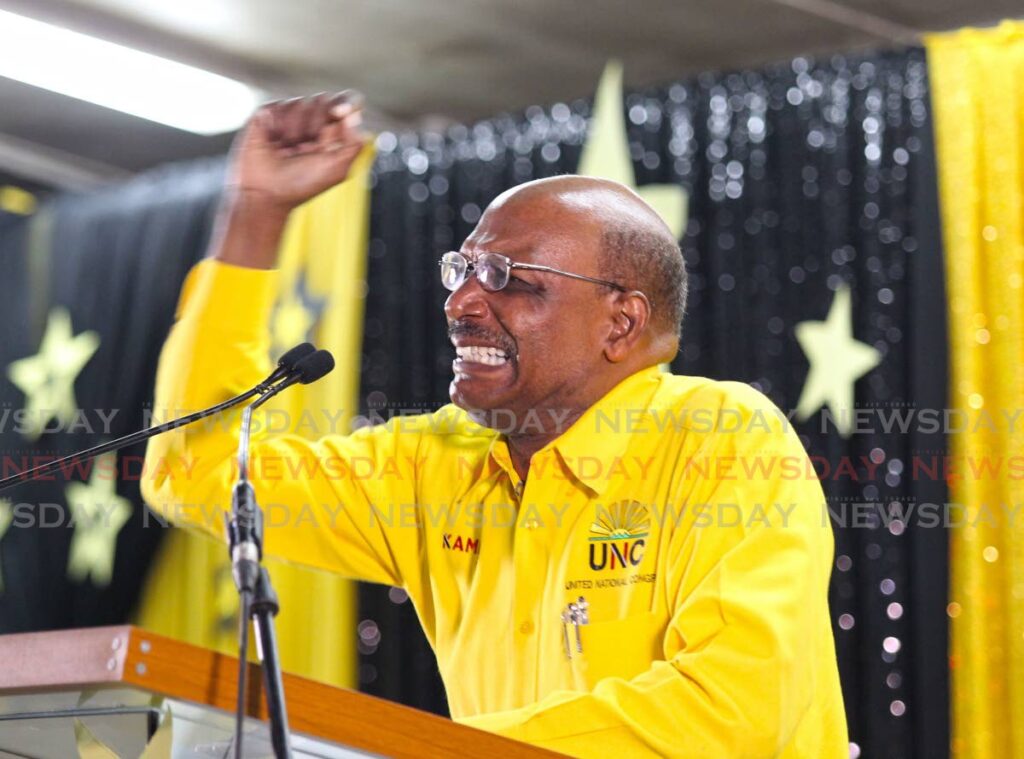UNC: Central Bank must reveal cost to change $100 bill

THE UNC is calling on the Central Bank to be transparent and reveal the total cost of purchasing and acquiring a new $100 polymer bank note set to enter circulation by the end of the year.
The bank recently announced that a new $100 bank note, similar to the current one, will be released.
The $100 bill transitioned from a cotton note to polymer in 2019, while the $1, $5, $10 and $20 notes also gradually transitioned.
The supplier for Trinidad and Tobago’s bank notes remains UK company De La Rue International Ltd.
Newsday had asked the total cost of making changes to the $100 bill again, but the bank said, "While we’re unable to give details of the contract price, De La Rue International Ltd will supply the new notes at a cost, including design changes, that is not higher than the current cost of the existing $100 banknote."
Speaking at a press conference on April 14, Opposition Senator Wade Mark bank notes were changed just five years ago with long queues of people trying to change old bills.
“They say (the polymer bills) were security proof. Nobody could counterfeit that polymer. That is what we were told by the governor and the government.
“Everybody thought (they) had it right. Only to be told, a new (bill) is coming in December 2024.”
Recalling the previous transition costing Trinidad and Tobago $78 million, he wondered what the cost of this additional change was.
“The Central Bank is a lodge. They living in secrecy, so they don’t want to tell Trinidad and Tobago what the new $100 banknote will cost us…Why must we accept that kind of incompetence?”
He called on Central Bank governor Alvin Hilaire to reveal the cost.


Comments
"UNC: Central Bank must reveal cost to change $100 bill"